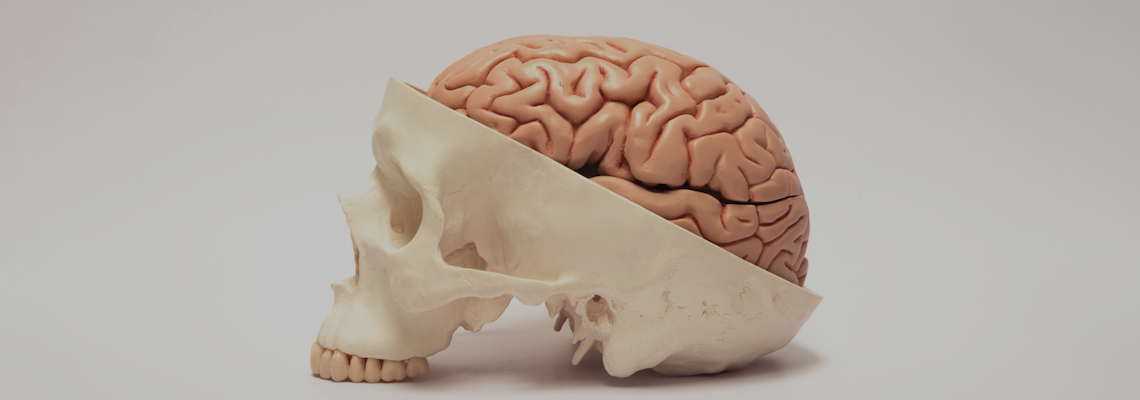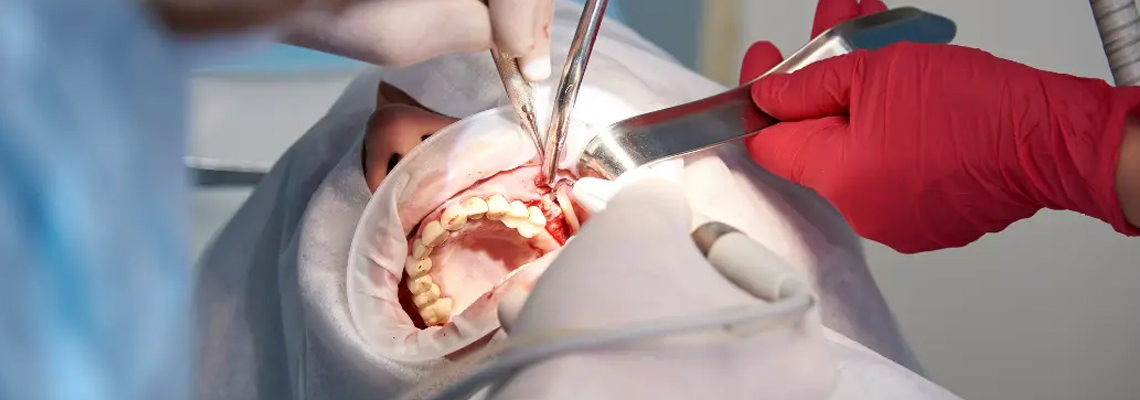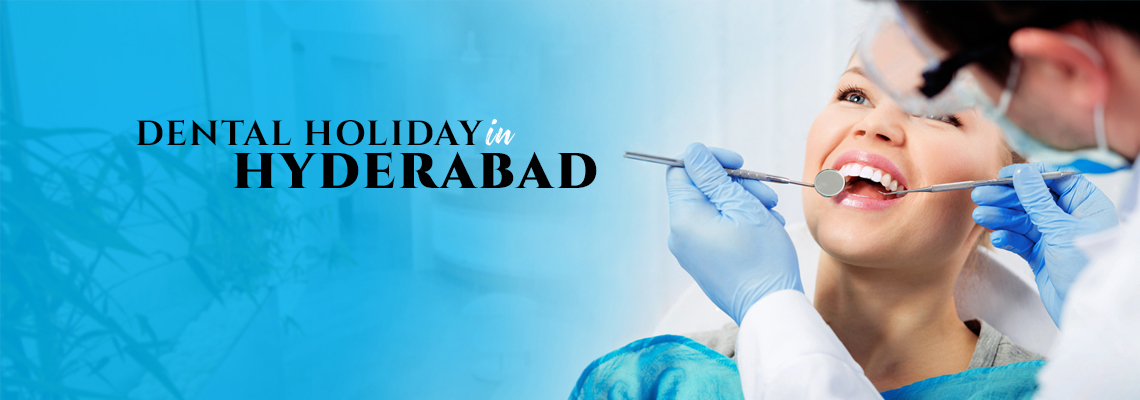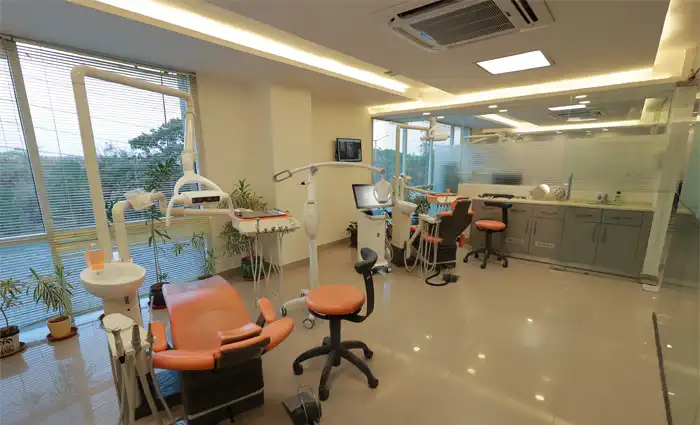When most people think of oral health, they think of cavities, toothaches, and maybe the aesthetic appeal of a great smile. However, mounting evidence suggests that the health of your mouth can have far-reaching effects—extending well beyond your teeth and gums and directly impacting brain function. In particular, researchers are uncovering an intriguing and concerning link between gum disease and cognitive decline, including conditions such as Alzheimer’s disease.
The Mouth-Brain Connection
The human body is intricately connected, and the mouth is no exception. The oral cavity is a gateway to the rest of the body, and it plays host to millions of bacteria. When oral hygiene is poor, harmful bacteria can flourish, leading to gum disease—medically known as periodontal disease. This chronic inflammatory condition affects the soft tissues and bones that support your teeth and is surprisingly common, especially among adults over 35.
What makes periodontal disease especially worrisome is the inflammation it causes. Inflammation doesn’t stay confined to the gums. Over time, it can enter the bloodstream and trigger a cascade of immune responses throughout the body. This systemic inflammation is now recognized as a significant contributor to cognitive decline and neurodegenerative diseases.
How Gum Disease Impacts Brain Function
Scientific studies have revealed that individuals with chronic gum disease are more likely to experience cognitive impairments, including memory loss, reduced attention span, and even early signs of dementia. One of the most widely studied bacteria involved in this process is Porphyromonas gingivalis, a key player in gum disease. This bacterium and the toxins it produces have been detected in the brains of Alzheimer’s patients, suggesting a direct biological pathway.
Inflammatory molecules like cytokines, which are elevated in periodontal disease, can cross the blood-brain barrier and influence neural activity. Once in the brain, they can promote the formation of amyloid plaques—abnormal protein accumulations associated with Alzheimer’s disease. Additionally, the immune system’s chronic overdrive may harm healthy brain tissue, accelerating cognitive decline.
Prevention is Brain Protection
Maintaining good oral hygiene is not just about protecting your teeth—it’s about protecting your brain. Brushing twice a day, flossing daily, and visiting your dentist regularly are foundational steps to reducing your risk. Early treatment of gum disease is crucial. Once diagnosed, therapies such as deep cleaning (scaling and root planing), antimicrobial rinses, and sometimes more advanced periodontal procedures can help manage the condition and halt its progression.
Diet also plays a critical role. Foods rich in antioxidants and omega-3 fatty acids support both oral and brain health. Avoiding excessive sugar and processed foods can reduce bacterial overgrowth in the mouth and systemic inflammation.
Smarter Smiles Start with Awareness
Oral health has long been underestimated in the context of whole-body wellness, but it is becoming increasingly clear that a healthy mouth is essential for a healthy mind. As research continues to unfold, the connection between gum disease and cognitive decline is one more reason to take your dental hygiene seriously.
It’s not an overstatement to say that brushing your teeth might be as important for your memory as reading a book or doing a crossword puzzle. By caring for your gums, you’re not just preserving your smile—you’re safeguarding your future cognitive vitality.
Are You Looking For Dental Implants
Click on the links below to learn more about the approximately $50,000 savings option for Dr. Motiwala’s packages.
- Full mouth dental implants & Cost of Treatment
- Smile Makeover & Cost of Treatment
- Watch 100’s of Testimonials from our International Patients
Make An Appointment!
Please contact us if you have dental difficulties or are interested to know about dental implants and how they might improve your smile. Dr. Motiwala Dental Clinic & Implant Center may be reached at +91 99596 14584. You can also Contact Us by clicking the banner below.























